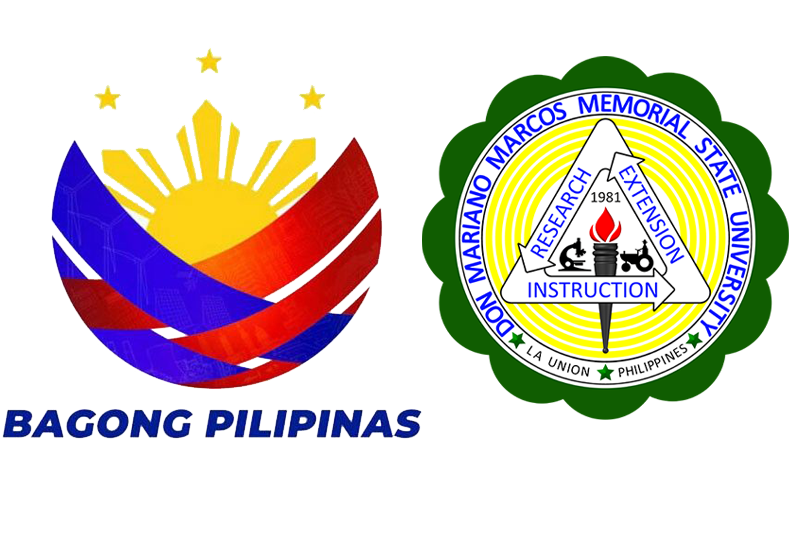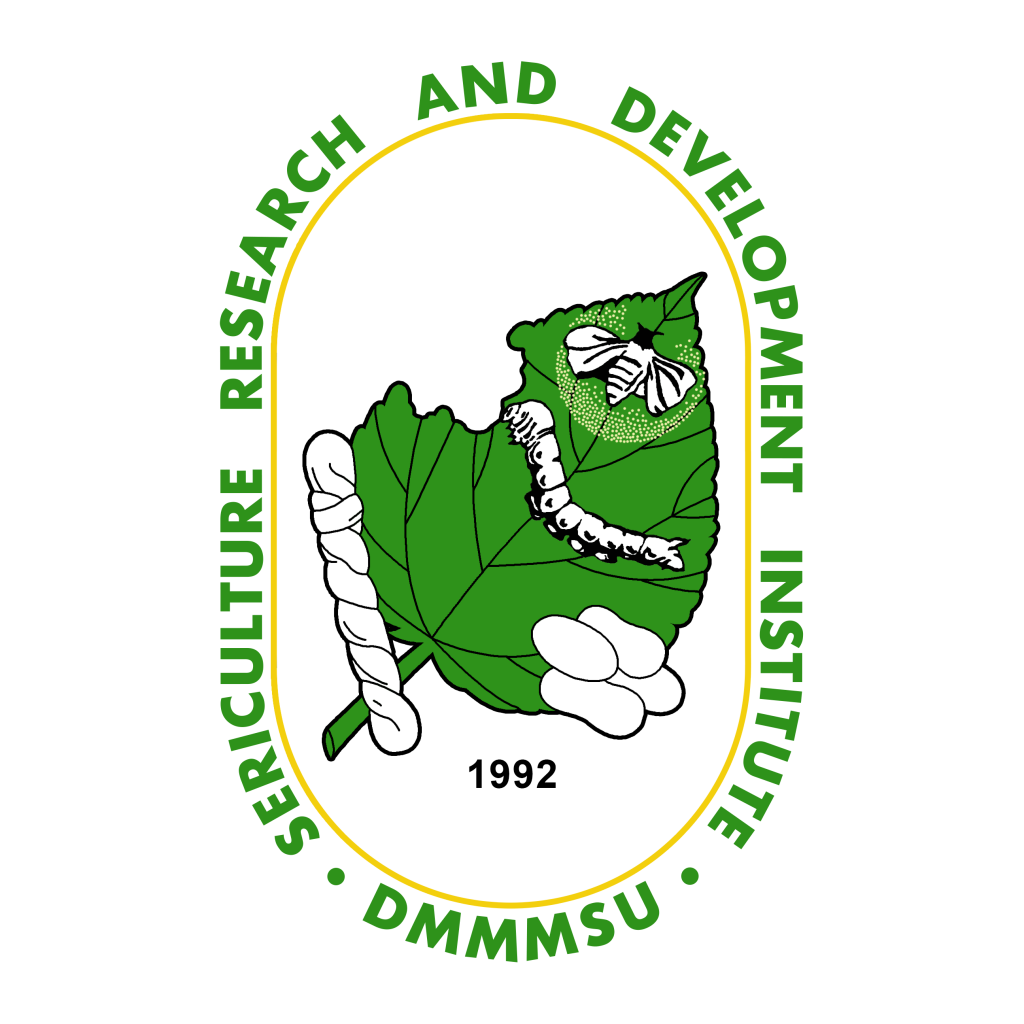Vision
A national center of excellence for a globally competitive sericulture industry.
Mission
Develop the sericulture industry through research, extension, training and other initiatives.
Goal
Help attain self-sufficiency of quality silk products for socio-economic development and environmental sustainability.
Objectives
- Generate and package sericulture technologies.
- Empower clients and other stakeholders through effective development approaches and strategies.
- Develop and promote quality silk and other allied products.
- Sustain efficiency and effectiveness of its programs, projects and activities.
- Help formulate and implement industry policies, standards and procedures.

The SRDI attuned its research and development programs toward the regional and national concerns of the country. These are poverty alleviation, expansion of employment opportunities and increased labor productivity, the attainment of higher and sustainable growth and level of development, and the improvement of the socio-economic conditions of the people in the society. This makes them the responsible, self-sufficient, and self-reliant Filipinos of today. Its research, development, and extension programs are geared toward making sericulture an agro-based industry to spur economic growth in the country.
The research programs endeavor to solve the most pressing needs/problems the sericulture farmers face today. The researcher seeks to increase quality leaf production, increase cocoon yield and quality, improve the quality of silk and silk products as well as the manufacture of sericulture tools and implements, and conduct socio-economic research.
The research program of the institute works on four equally essential programs to:
Mulberry Research and Development
The program focuses on collecting different indigenous and exotic varieties/species of mulberry found locally or internationally and its evaluation and maintenance in a germplasm bank both in the field. From the bank, these varieties will be evaluated, documented, and improved through different crop improvement/breeding techniques including a selection of open-pollinated varieties. Further, the unit works on cultural management practices that reduce or control pest and disease occurrence. The development of suitable sericulture-based farming systems is carried out to integrate other crops, animals, and low-cost management practices while producing quality mulberry leaves for year-round cocoon production.
Silkworm Research and Development
The Silkworm R and D Program centers on the development of pure lines and hybrids through different breeding techniques, the breeding of silkworms for resistance to diseases and temperature, development of silkworm rearing technology, silkworm pest management strategies, and silkworm egg production techniques.
The Breeding unit maintains germplasm and continuously breeds bivoltine and multivoltine races producing two, three, and four-way crosses. Likewise, the unit works on the development of Sex Linked Breeds aimed at facilitating egg production activities.
The unit also verifies production technologies developed by the Institute at farmers’ fields.
Post-Cocoon Research and Development
The post cocoon R and D is mandated to develop/produce quality silk and silk allied products that have a comparative advantage with the leading silk-producing countries.
It focuses on the development of new designs in weaving as in suk-suk designing that is gaining momentum in the market and the development of silk products and by-products such as raw silk, thrown silk, dupion silk that is woven for fabrics the sewn into different product lines and fashion accessories.
The main concern is on cocoon processing, raw silk processing, wet silk processing, silk weaving, and silk finishing.
Further, the institute develops farm tools and equipment such as leaf cutting machines, printing machines, and solar dryers to increase efficiency and effectiveness in sericulture endeavors. It also improves the weaving handloom machines and warping machines and developed an epprovette for cocoon quality assessment.
The Socio- economics Research and Development
The socio-economics R and D gather benchmark information, and databases, conduct marketing, applied rural sociology and economic studies needed for policy formulation/ decision making in the improvement of the sericulture industry in the country. It also assists students in the conduct of surveys regarding the sericulture industry.
It continuously updates the cost and returns analysis of all products developed by the Institute.

